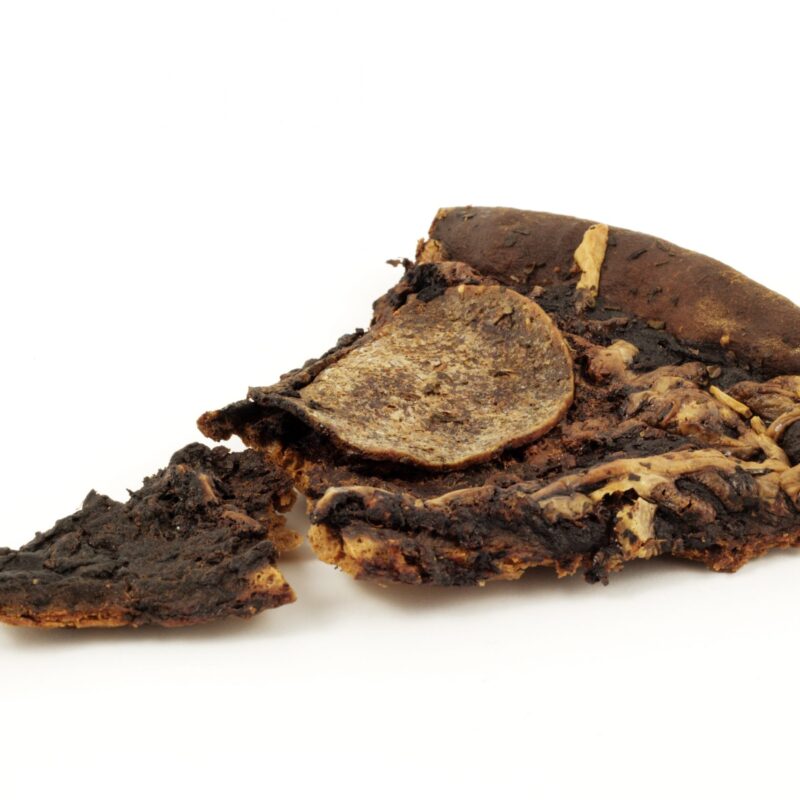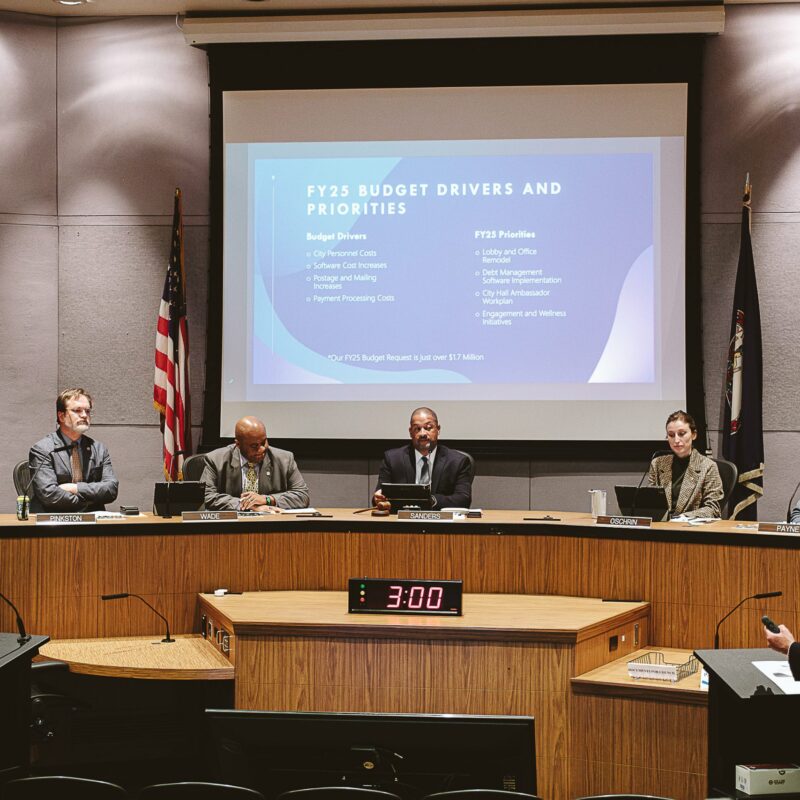In September, a hospital reported a patient in Minnesota had gotten a rare bacterial infection from a knee surgery that used a tendon from a donor cadaver. The Centers for Disease Control launched an investigation of thousands of tissues used in transplant surgeries supplied by Musculoskeletal Transplant Foundation (MTF), the tissue bank that sold the infected tendon. Though the scare blew over, the incident left industry regulators, doctors and suppliers of cadaver tissue feeling cold.

Dead on arrival: All of the tissues from LifeNet, one of UVA’s suppliers, come from cadavers.
|
Cadaver tissue gets used in over 1 million procedures every year. About 1,200 of those transplants take place at UVA hospital (hsc.virginia.edu). UVA gets most of its tissues from LifeNet, a nonprofit tissue and organ donation organization based in Virginia Beach.
The country’s largest nonprofit tissue bank, LifeNet has been around for 25 years, has provided 1.5 million grafts and hasn’t had a single infection incident. Though Dena Reynolds, spokesperson for LifeNet, says, “no one is too old or too sick to donate,” the company screens donors according to FDA regulations, conducting interviews with kin about the donor’s medical and behavioral history.
LifeNet’s tissues, which the company calls Allografts, are “washed” before they’re shipped. Bone tissue, for example, has 99 percent of its blood elements, like lipids and marrow, removed. All tissues receive the company’s patented Allowash, which removes bacteria and viruses.
When UVA orders a tissue from LifeNet, it arrives cut for a specific procedure down to the millimeter. Hospitals don’t manipulate tissues before they’re transplanted so as to avoid the infection risk.
Body parts come boxed, in glass bottles or freeze-dried, depending on the part, says Reynolds. LifeNet uses helicopters and a jet and can ship overnight for emergency procedures, but hospitals can stock up on some parts. Small pieces of bone, for example, keep for up to a year.
LifeNet even has a return policy—if a surgery gets cancelled or a customer is dissatisfied, and the packaging is still sealed, LifeNet will take the part back. No word on whether returned tissues sell for discount prices the second time around, but body parts seem like items you wouldn’t want to get on sale.





